LEO satellites
LEO satellite status report, Starlink’s progress, dealing with space junk
There are currently 4,852 operating satellites in Low Earth Orbit (LEO) from some eighty nations, though roughly half are U.S. commercial and government/military satellites. They are essential for everything from nuclear command and control, climate observation to GPS, and the internet, streaming video, and ATMs. Moreover, an already crowded earth orbit is getting worse. The private sector is driving the new space economy enabled by new technologies to miniaturize satellites, like the aforementioned cubesats. Google and Elon Musk’s SpaceX alone plan to launch some 50,000 cubesats in this decade.
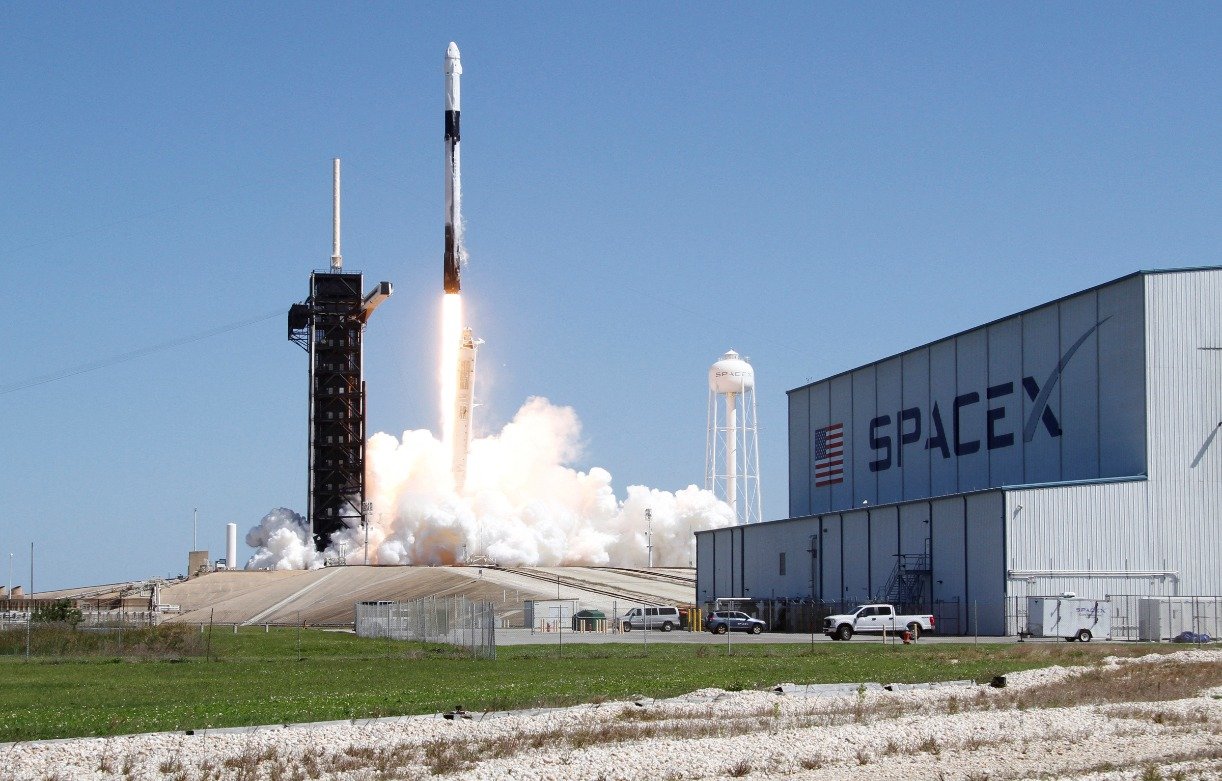
Currently, Starlink (owned by SpaceX) has approximately 2,200 small satellites in LEO and working. That’s about half of SpaceX’s planned first-generation network of 4,408 Starlink satellites.
The 4,400 satellites will be spread among five different orbital “shells” at different altitudes and inclinations. SpaceX, founded and led by Elon Musk, has stated it eventually intends to launch as many as 42,000 satellites.
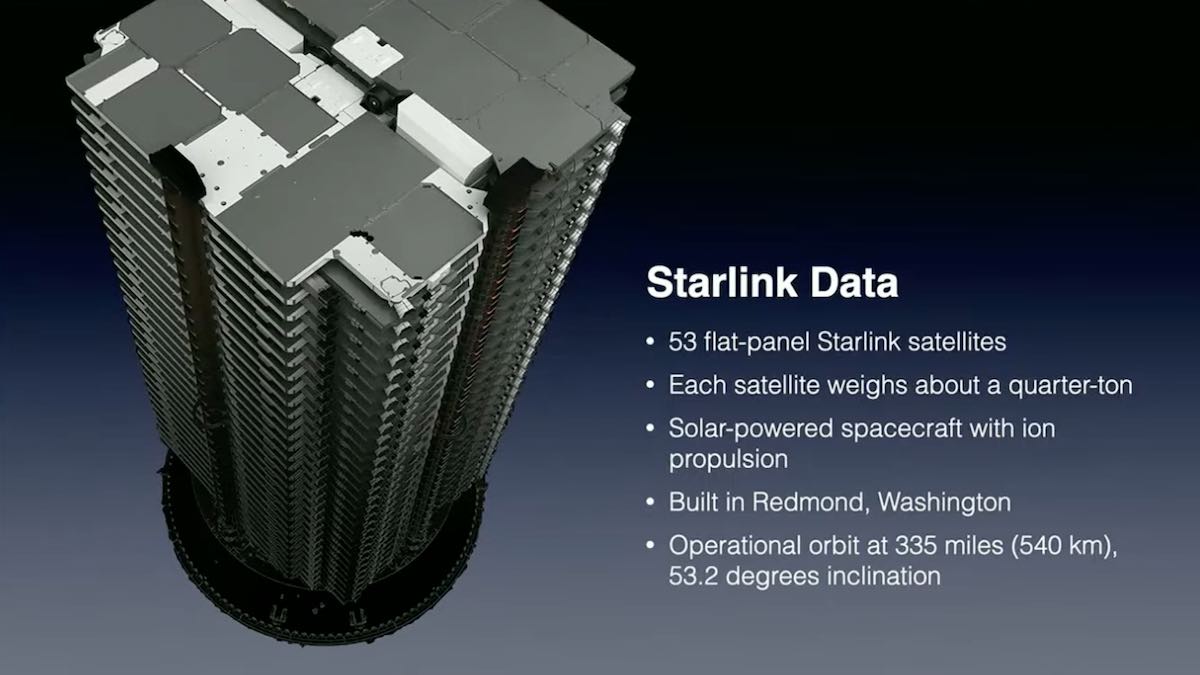
An explosion of private-sector space business—from satellite launches and space shuttles to the quest for mining asteroids and planets—has blurred the line between civilian and military activities, racing ahead of any duly considered global regulation. Dealing with space junk, however, is the most promising area for cooperation. The threat of space debris to all nations’ vital economic and national security assets in space—democracy-autocracy polarization notwithstanding—would, like climate change, seem such an instance.
Last November, Russia shot a missile into space to test its anti-satellite technology to see if it could destroy or incapacitate one of its own orbiting satellites. It did. The U.S. State Department says that missile smashed the Russian spacecraft into 1,500 large pieces and hundreds of thousands of smaller fragments, which resulted in a dangerous cloud of debris. That forced the crew aboard the ISS (International Space Station) to take shelter in their escape pops, SpaceX’s Dragon capsule. The resulting debris passed close to the ISS, but didn’t hit it. The crew was fine, but the incident highlighted just how big of a problem space debris can be.
In mid April, U.S. vice president Kamala Harris said the US would not conduct tests like this and called on other countries to do the same, but that promise won’t reduce the space junk already out there. Missile tests are just one way that space debris is created. Sometimes used rockets and old satellites are intentionally left up in space threatening to hit satellites or space rockets. And the more of it that space junk floating around, the harder it will be to avoid.
The U.S. Department of Defense’s Space Surveillance Network is the premier mechanism for monitoring space junk. Russia has some orbital monitoring capacity, but few other states do. Moreover, in addition to its unrivaled space surveillance capacity to monitor debris, the United States already has Spacing Sharing Agreements with over 100 nations to provide data and notifications to avoid collisions. These are important global public goods that can provide diplomatic leverage for shaping space rules and standards on space debris. The United States had given a heads-up to China about such risks during the Obama administration, according to well-placed sources.
In addition, private sector firms and startups in Japan, the United States, and Europe are devising ways to remove space debris, in what appears to be a coming sector of the space economy. The U.S. Space Force’s technology arm is already exploring the possibility of funding private firms to remove space debris. There are a range of methods of space junk removal being developed from satellite magnets, nets, harpoons, and even spider-like webs. These are all likely future contractors, bearing the risks of research and development.
International cooperation will be needed to effectively clean up space junk. There are only a handful of high-performance space-faring states—the United States, Russia, China, the EU, Japan, and India. As discussed above, the United States is well-positioned as first among equals to launch an ad hoc public-private coalition of space powers partnering with the private sector to pool resources and (non-national security-sensitive) capabilities to better monitor and clean up space debris and seek mutually acceptable codes of conduct and rules for such activities.
Robert Manning and Peter Wilson suggest the methods and procedures should be based an open architecture with adherence to the principle of form follows function: open to emerging space powers—South Korea, Brazil, Israel, and others.
References:
https://www.ucsusa.org/resources/satellite-database
https://nationalinterest.org/feature/coming-anarchy-outer-space-201934
https://arstechnica.com/video/watch/the-space-junk-problem
China’s GalaxySpace launches 6 satellites to test LEO internet constellation
China start-up GalaxySpace has launched China’s first low-Earth orbit (LEO) broadband satellite constellation, reported state-owned news outlet CGTN, which it hopes will one day offer an alternative choice to SpaceX’s Starlink service. These satellites will be part of a testing network of satellite internet, nicknamed “Mini-spider Constellation,” the company said.
Six 5G-capable satellites were deployed, joining a seventh test satellite that was launched back in January 2020. Each one boasts 40 Gbps of capacity and can provide 30 minutes of coverage before handing off to the next satellite. It’s worth noting also – given the Chinese government’s penchant for keeping tabs on the populace – that each one is also capable of taking pictures and video. According to GalaxySpace’s website, design and production of these six satellites took just 11 months to deploy.
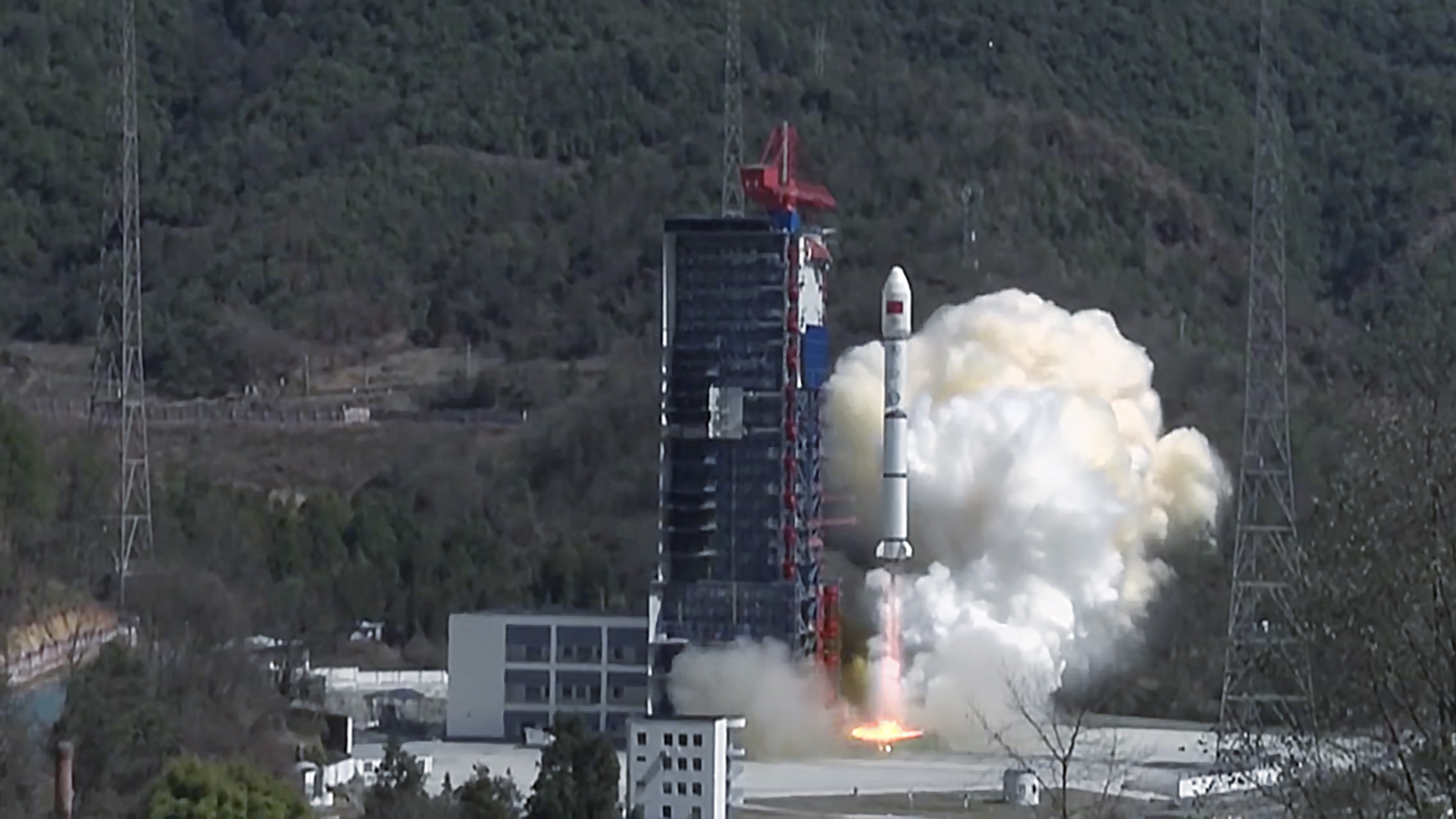
“Today’s launch proved that China has the capability to build satellite internet constellation at large scale, which includes the ability to mass-produce satellites at low cost as well as to operate in network,” the company’s co-founder Chang Ming told CGTN. “This will promote the development of the technology for integrating remote sensing and low-orbit communication satellites for commercial use,” he added.
GalaxySpace plans to launch 1,000 satellites, an impressive figure, but relatively small considering Starlink already has 2,000 in orbit and plans to launch many tens of thousands more. It is due to put another 48 into orbit on Wednesday; it also made the news last week when CEO Elon Musk claimed Starlink was the only non-Russian comms system still up and running in some parts of Ukraine.
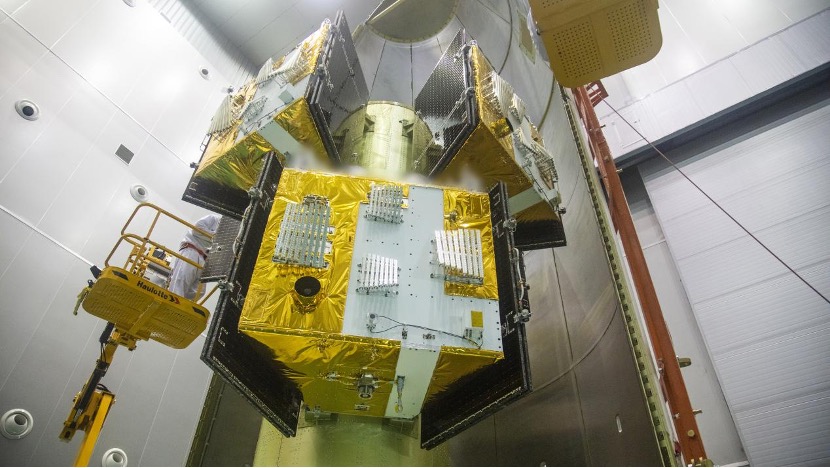
GalaxySpace’s low-Earth-orbit broadband communication satellites. /GalaxySpace
Low-Earth orbit is set to become even more crowded once Amazon gets round to launching its Project Kuiper operation. Last November the company sought the Federal Communications Commission (FCC)’s permission to deploy and operate no fewer than 7,774 LEO satellites. Meanwhile, separately from GalaxySpace, the Chinese government has set a target of creating a 13,000-strong fleet of LEO broadband satellites that will offer nationwide coverage. Lets not forget smaller players like OneWeb as well, which in February successfully launched a further 34 LEO satellites, increasing the size of its fleet to 428, well on the way to its target of 648 in total.
With many other LEO constellations also in the works, it is little wonder that recent forecasts from Northern Sky Research (NSR) predict that satellite communications will become the biggest single sector of the global space economy in terms of revenue by 2030. The research firm reckons the overall space market will generate cumulative revenue of $1.25 trillion by 2030.
There is also renewed interest in high-altitude platform systems (HAPS), which are designed to offer connectivity from the stratosphere. Recent highlights include UK-based Stratospheric Platforms, which last week carried out a successful test of its HAPS technology over Saudi Arabia. In addition, Japan’s NTT recently brought together various partners, including Airbus and Sky Perfect JSAT Corporation, to study the feasibility of HAPS-based internet services.
References:
Stratospheric Platforms demos HAPS based 5G; will it succeed where Google & Facebook failed?
New partnership targets future global wireless-connectivity services combining satellites and HAPS
European Union plan for LEO satellite internet system
The European Union is considering revised plans for a low-Earth orbit (LEO) satellite internet system that would take on SpaceX/Starlink, OneWeb, Amazon Kuiper, Telesat and other LEO satellite internet players in a bid to lessen Europe’s reliance on US technology for secure connectivity, the Financial Times reports (paywall applies). The Secure Communications Initiative, as the proposed system is called, is the brainchild of Thierry Breton, the EU’s internal market commissioner, who wants the bloc to build a third satellite constellation for secure Internet access. The EU already has the Galileo system for navigation and Copernicus for Earth observation. Similar proposals have already been rejected twice, says the report, but Breton is hoping these amended plans will be able to snake their way through the EU’s notoriously slow-moving internal approvals process.
Breton told a press conference in Strasbourg on Tuesday: “This is of central importance in terms of our strategic and technical sovereignty.” He added that it would be connected to other unnamed satellite constellations to save money. Regarding obtaining the spectrum to broadcast the signals, he said: “We know where to find this frequency. It is not an issue.”
Context of the Proposal- from the Explanatory Memorandum:
The general objective of this proposal is to establish a Union secure satellite communication system (hereafter the ‘Programme’) that ensures the provision of worldwide secure, flexible and resilient satellite communication services to the Union and Member States governmental entities. Satellite communications provide ubiquitous coverage, which is complementary to terrestrial networks (ground-based in a digital communication in areas where terrestrial networks are absent (e.g. oceans, during flights, or in remote locations / islands with no cellular or broadband coverage), have been destroyed (e.g. during flooding events, or forest fires) or where local networks cannot be trusted (in crisis situations, or for diplomatic services in third countries or for sensitive governmental operations).
The signals from the new system would be encrypted and offered to Europe as well as Africa to give that continent an alternative to Chinese-built infrastructure. It would also provide a back-up in case of cyber attacks on broadband networks.
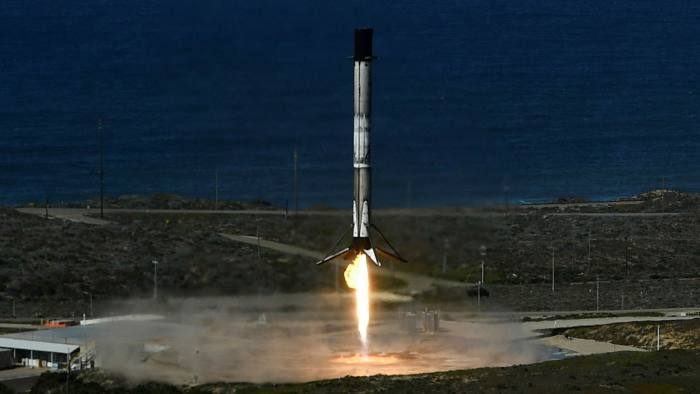
The reusable first stage of a SpaceX Falcon 9 rocket returns to land after deploying a satellite this month. The EU wants its own sovereign satellite internet system © Patrick T Fallon/AFP/Getty
References:
https://www.ft.com/content/329d7c77-b4fe-4753-910b-60a4a29eb436
BT in new distribution partner agreement with OneWeb for LEO satellite connectivity
BT has announced a new distribution partner agreement with OneWeb for LEO satellite network and connectivity services. The agreement covers BT’s global footprint and supports the UK government’s National Space Strategy.
OneWeb will provide LEO satellite communication services across BT Group’s Global, Enterprise and Consumer divisions. The new agreement expands a MoU signed between the companies in July 2021. BT will test how LEO satellite technology can be integrated with its existing terrestrial capabilities to meet the communications needs of consumer and business customers. Once the network integration tests are completed successfully, BT expects to start live trials with customers in early-2022.
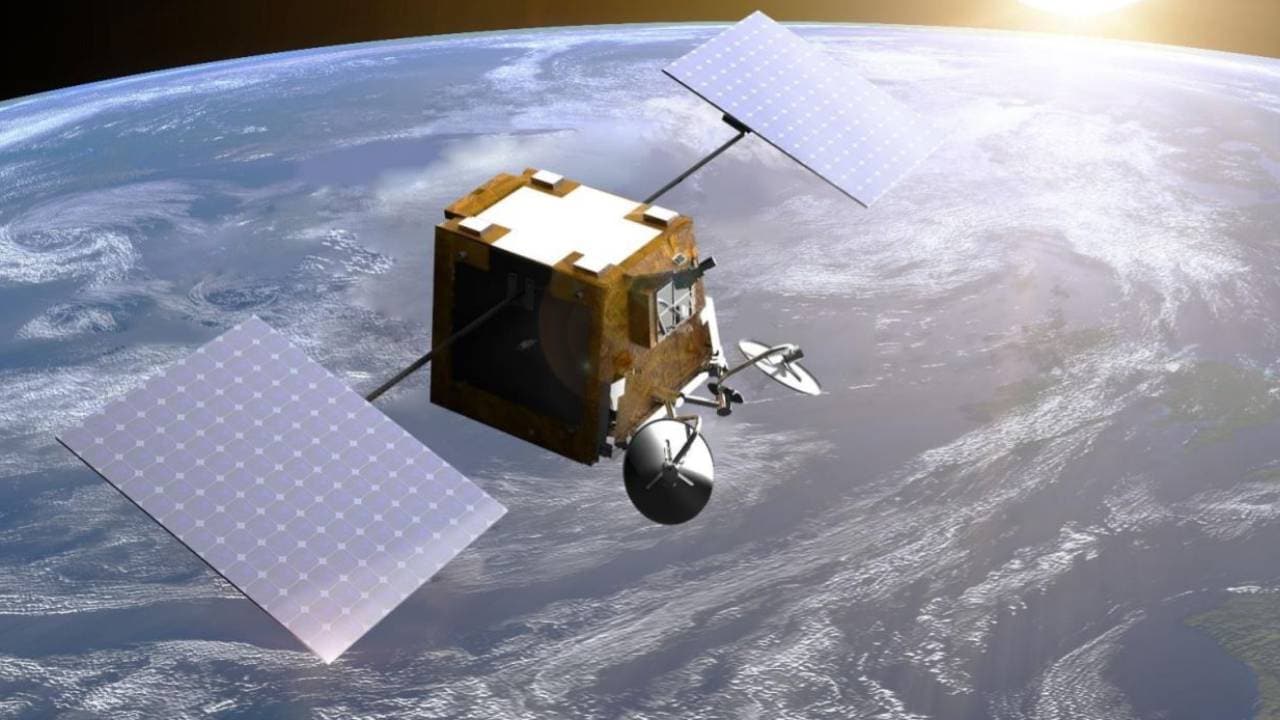
BT will test capabilities at its Bristol lab to show how LEO solutions can integrate with existing services. Due to the current capacity levels of OneWeb satellites, this will focus on the role of LEO as a supplementary, low latency backhaul solution to sites needing extra capacity or a back-up solution, as well as to provide business customers with improved resilience. Once the tests are complete, BT will start early adopter trials with UK and international customers. As the capacity of the OneWeb system expands, the future use cases could extend to include the use of satellite for IoT backhaul and fixed wireless access (FWA) in rural areas.
Business Secretary Kwasi Kwarteng said: “I am thrilled to see the UK at the forefront of this emerging technology thanks to the Government’s investment in OneWeb – a crucial part of our plans to cement our status as a global science and technology superpower.”
Digital Secretary Nadine Dorries said: “The agreement between OneWeb and BT will help bring fast and reliable global connectivity, from the Highlands to the Himalayas. I’m delighted these two British companies have joined forces to research the technological benefits of working together, and I look forward to exploring how this could play a role in our mission to put hard-to-reach areas in the digital fast lane.”
Philip Jansen, Chief Executive of BT Group, said: “Space is an emerging and enormous digital opportunity, and this is an important step towards harnessing its potential for BT’s customers across the globe. We will put OneWeb’s technology through its paces in our UK labs with the goal of delivering live trials in early 2022. Delivered securely and at scale, satellite solutions will be an important part of our plans to expand connectivity throughout the UK and globally, and to further diversify the range of services we can offer our customers.”
OneWeb’s Chief Executive Officer Neil Masterson said: “BT has taken the lead in the recognition of LEO satellite’s advantage. We are delighted as this agreement with BT Group represents an important strategic partnership for OneWeb as we continue to make progress towards our operational launch. We are excited to be playing such a key role in improving the resilience of the overall telecom infrastructure in the UK. OneWeb’s connectivity platform will help bridge the last digital divides across the country and enhance the nation’s digital infrastructure.”
OneWeb is expected to deliver global coverage by June 2022 through a constellation of 648 LEO satellites and is poised to deliver services from the North Pole to the 50th parallel, covering the entire United Kingdom, later this year. The new partnership supports BT’s wider network ambition, set out in July this year, to deliver digital solutions across the entire UK by 2028, through a combination of an expanded network and ‘on demand,’ requestable solutions anywhere beyond. In building a converged, software-defined network, BT will leverage and integrate both terrestrial and non-terrestrial technologies to deliver on the goal of seamless, ubiquitous connectivity.
This agreement marks a clear path towards the first LEO solutions being available for customers within a year. As the next step, BT will test capabilities in its Bristol lab to demonstrate how they integrate with existing services. Current capacity levels within OneWeb satellites mean initial trials will focus on its role as a supplementary, low latency backhaul solution to sites where additional capacity or a back-up solution is required, and to deliver improved resilience for business customers. On successful completion, BT will begin early adopter trials for UK and international customers, expected early next year. As OneWeb grows their capacity, the list of future use cases could also widen, opening up the opportunity to explore the use of satellite for IoT backhaul and Fixed Wireless Access in rural areas.
The work with OneWeb shows the capabilities being developed by UK businesses in the pioneering area of space technology and follows the UK Government’s recently published National Space Strategy, which recognizes the enormous strategic opportunities on offer. BT, which boasts a heritage of nearly 60 years in space and satellite communication innovation, continues to explore a diverse range of partners across all its services, including space, to ensure the latest and best connectivity solutions are available for customers.
*The deal encompasses BT’s Enterprise, Consumer and Global units, serving UK and multinational organizations.
References:


